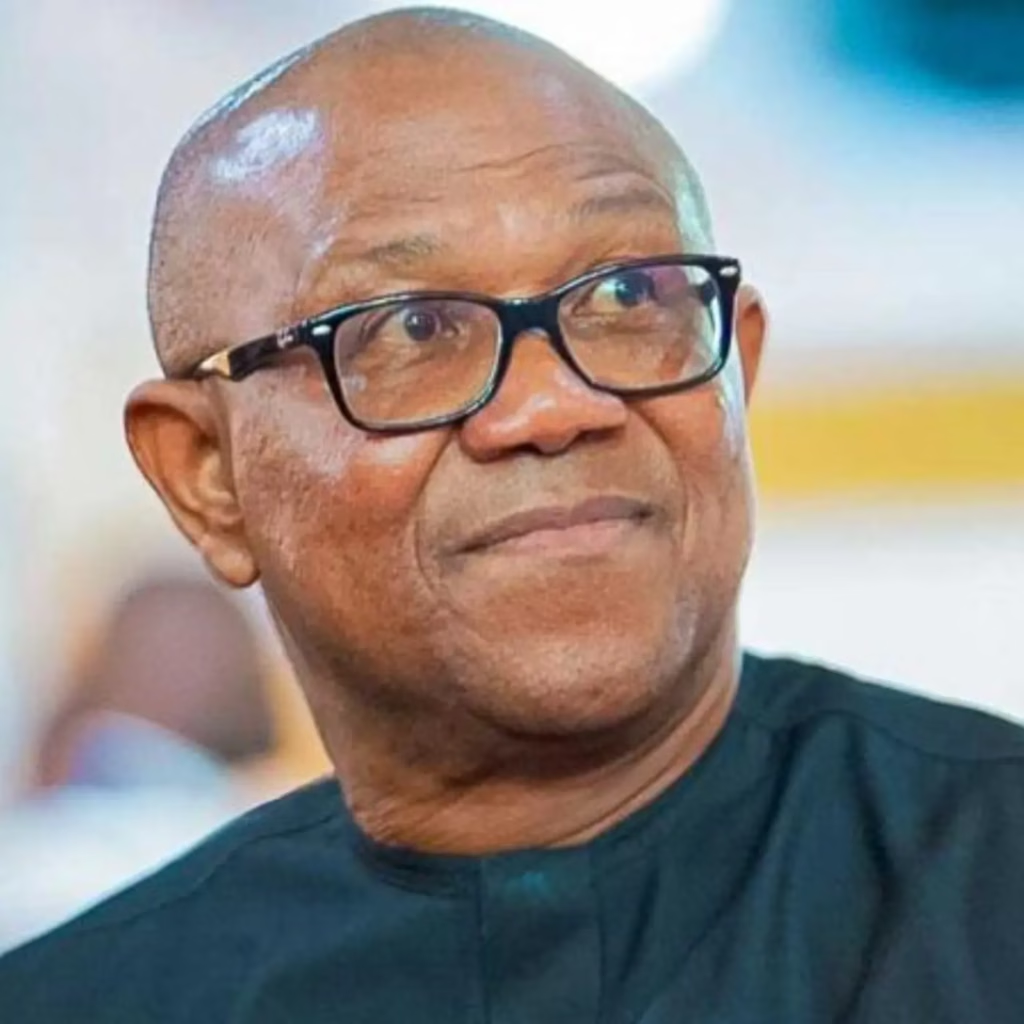A prominent northern Nigerian socio-political group, the Arewa Consultative Forum (ACF), has described former President Goodluck Jonathan as a potentially strong candidate for Nigeria’s 2027 presidential election, while dismissing a one-term pledge by opposition figure Peter Obi as “political desperation.” The remarks, made by ACF’s spokesman Prof. Tukur Muhammad-Baba during an Arise TV interview on Thursday, highlight shifting political dynamics as speculation grows about potential contenders.
Jonathan, who served as Nigeria’s president from 2010 to 2015, has remained politically influential since conceding defeat to Muhammadu Buhari in a landmark 2015 election—a move widely praised for easing tensions. Muhammad-Baba cited Jonathan’s post-presidency reputation, international engagements, and avoidance of divisive rhetoric as factors boosting his appeal. “On the surface, Goodluck Jonathan appears attractive,” he said, noting the former leader’s “quiet life” and global recognitions, though he emphasized that “selling himself to voters” remains critical ahead of 2027.
The ACF official criticized Peter Obi, the Labour Party candidate who finished third in the 2023 polls, for proposing a single-term presidency if elected. Muhammad-Baba dismissed the pledge as a “clear act of desperation,” arguing it undermines public trust. Obi, a former Anambra State governor and business magnate, has built a youth-driven movement advocating governance reforms, but his one-term promise has drawn mixed reactions.
While Jonathan has not publicly confirmed his intention to run, Nigerian media recently reported his meetings with northern leaders, sparking speculation about a potential bid. The ACF’s comments signal possible alignment with Jonathan in the north, a region pivotal to electoral success. However, analysts caution that his path would require navigating complex alliances, given Nigeria’s regional and religious voting patterns.
Jonathan’s tenure saw milestones like the establishment of Africa’s first sovereign wealth fund and anti-corruption reforms, though critics argue his administration struggled with security challenges and economic stagnation. His return could reshape the opposition landscape, particularly if the ruling All Progressives Congress faces voter fatigue over inflation and insecurity.
Political observers note that the 2027 race remains fluid, with electoral alliances yet to crystallize. The Independent National Electoral Commission has not announced a timeline for campaigns, but Jonathan’s rumored ambitions—and the ACF’s nuanced endorsement—add intrigue to Nigeria’s evolving democratic narrative.
